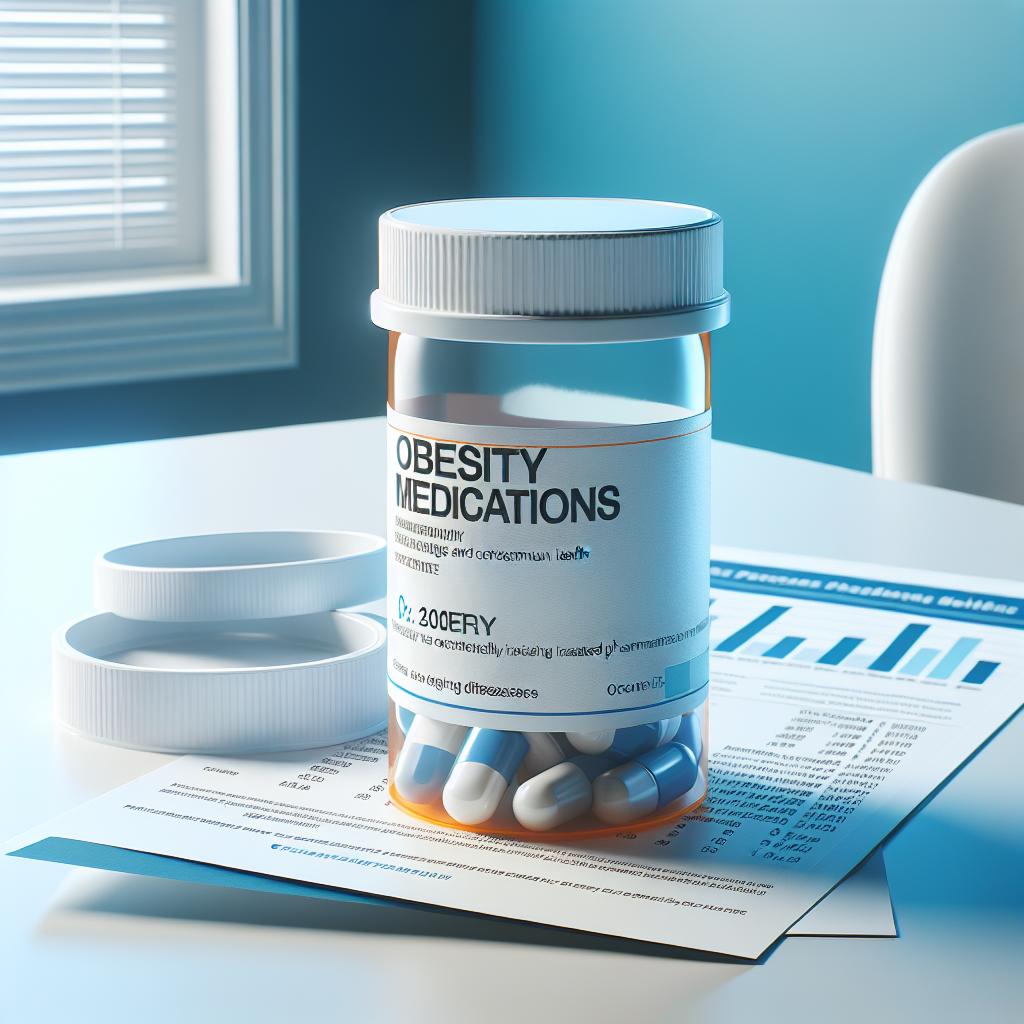-
Summary
- 2024-12-20 07:08

The recent actions by the U.S. Food and Drug Administration (FDA) underscore a pivotal shift in how regulatory bodies approach both pharmaceutical safety and consumer health education. By mandating the withdrawal of certain generic obesity medications and updating the definition of 'healthy' foods, the FDA is not only safeguarding public health but also setting a precedent for more stringent oversight in the pharmaceutical and food industries. These moves signal a proactive stance against emerging health crises, such as the ongoing shortage of essential medications like GLP-1 treatments and the escalating prevalence of diet-related diseases. As these regulations take hold, we can expect increased transparency and accountability within these sectors, fostering a healthier populace and potentially spurring innovation in alternative therapies and healthier food options.
Simultaneously, the tech landscape is witnessing transformative developments that could redefine global technological paradigms. South Korea's SK Hynix securing a major U.S. government grant to build an AI chip manufacturing plant in Indiana marks a strategic pivot towards enhancing domestic AI capabilities. This initiative underscores a broader trend of nations seeking to fortify their technological sovereignty amid geopolitical tensions. Concurrently, Tencent's departure from Epic Games' board highlights the intensifying scrutiny over tech giants' market power, reflecting a global push towards reining in monopolistic practices. Such shifts indicate a future where technological advancements will be closely intertwined with regulatory frameworks aimed at maintaining competitive balance and protecting consumer interests.
Looking ahead, these regulatory and technological trends suggest a convergence of healthcare and technology, driven by a shared goal of improving quality of life and national security. Policymakers and industry leaders alike must navigate these evolving landscapes carefully, balancing innovation with caution to ensure sustainable growth and equitable access to vital technologies and medical treatments.
The U.S. Food and Drug Administration (FDA) has mandated that several generic versions of Eli Lilly’s obesity medication must be removed from the market due to safety concerns. This move comes as the FDA also finalized its decision to resolve the ongoing shortage of Lilly's GLP-1 diabetes treatment, with industry analysts predicting that Novo Nordisk may face similar supply issues in the future.
These actions highlight the regulatory body's efforts to ensure patient safety while addressing pharmaceutical supply chain challenges. The removal of generic versions of Lilly's obesity drug aims to prevent potential health risks associated with these alternatives, while the resolution of the GLP-1 shortage is expected to alleviate pressure on patients relying on this critical medication.
The U.S. Food and Drug Administration (FDA) has recently updated its guidelines regarding what qualifies as a 'healthy' food product. This revision aims to provide consumers with clearer information about what constitutes healthy eating choices. Under the new criteria, products must now meet specific nutritional thresholds, including limits on sodium, sugar, and saturated fat while ensuring they contain a significant amount of fruits, vegetables, or dietary fiber.
These changes reflect an ongoing effort to combat rising health issues linked to poor diet and nutrition. By setting stricter standards for labeling, the FDA hopes to encourage healthier eating habits among the public.
South Korean semiconductor manufacturer SK Hynix has received a substantial $458 million grant from the U.S. government to establish an artificial intelligence (AI) chip production facility in Indiana. This investment is part of a broader strategy to bolster domestic AI capabilities and reduce reliance on foreign technology.
In another significant development, Chinese tech giant Tencent has exited its position on the board of Epic Games amidst growing antitrust scrutiny. This move comes as regulators worldwide scrutinize large tech companies' market dominance and potential monopolistic practices.